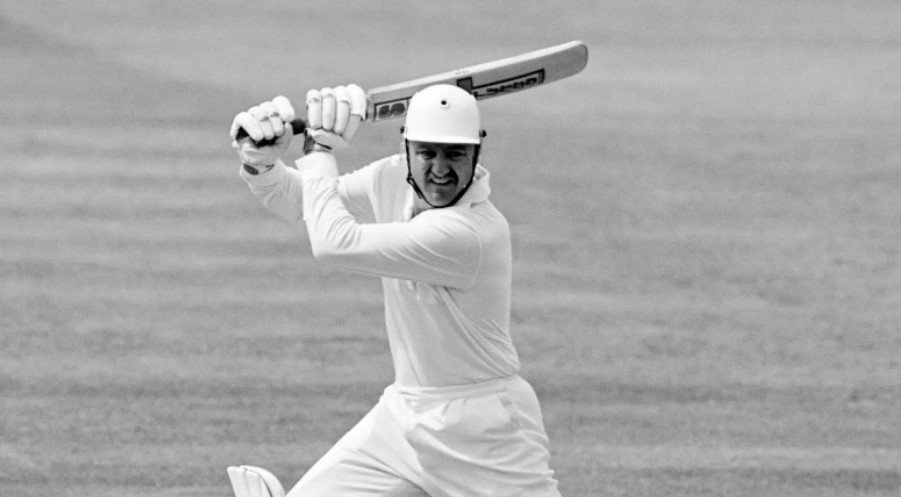Mark Greatbatch was born in Auckland on December 11, 1963. He played international cricket for New Zealand. In 41 Test matches for New Zealand, he scored more than 2,000 runs. As one of the first openers to attack the bowlers, Mark Greatbatch is famed for taking the attack to them. With Martin Crowe’s expert handling, he nearly made it to the 1992 World Cup final.
He played first-class cricket for Auckland and Central Districts, bats left-handed, and bowls right-arm medium pace. His total first-class runs are 9,890, and he has been an occasional wicketkeeper as well.
At the Test level, Mark Greatbatch was a solid batsman. However, when it came to one-day cricket, he was a different character and became one of the first pinch hitters. His Test debut against England in 1987–88 was characterized by an unusually dogged hundred by a player with a degree of experience in both New Zealand and England. In November 1989, Greatbatch scored 146 not out off 485 balls against Australia in Perth, staving off what looked like a certain win for the Australians.
Due to Greatbatch’s efforts, the game ended in a draw because he stayed at the crease for 11 hours. His performance was greeted with a standing ovation. Despite the circumstances, many experts consider Greatbatch’s defensive innings to have been one of the greatest cricket centuries ever. Australia reached 521 for the first inning thanks to David Boon’s 200. The New Zealand team was dismissed for 231.
It was likely New Zealand would not last the fourth day of play after more than 11 hours of play. It was 11 to 1 when Greatbatch entered the pitch. During the fifth-day match, Greatbatch and Martin Snedden played middling partnerships with the Crowe brothers, and then Snedden kept vigil for over three hours, which helped him win.
In his innings, Greatbatch focused intensely and displayed the highest level of defensive skill. This is an incredible performance, especially considering the bowling attack – Terry Alderman, Geoff Lawson, Carl Rackemann, Merv Hughes, and Tom Moody.
During the 1990 England tour, he scored hundreds in consecutive one-day internationals, but his form then dipped. The nature of his game is to attack the bowler. There was an ODI match in which he hit Wasim Akram for a six off the first ball of the innings. Greatbatch was not selected to play in either of the first two matches of the 1992 Cricket World Cup.
He was then selected to open the innings in place of the injured John Wright for the match against South Africa and batted aggressively to take advantage of fielding restrictions early in the innings. However, he was instrumental in the team’s success, scoring 313 runs at 44.71 in the 1992 Cricket World Cup.
It is now common in international cricket to open with an aggressive batsman who normally plays in the middle of the order of test matches to score quick runs early because of this success. Sri Lanka has adopted this tactic as well.
After the 1992 World Cup, he followed with another Test hundred against the powerful bowling lineup of Pakistan. As a result, he lost form after that, especially when facing short balls, and a new national captain-coach team forced him to withdraw. His fielding skills were excellent, and he made some spectacular catches, usually in the slips. Even with the heroics of WC 1992, Greatbatch’s ODI career mirrored his Test career. The reign of inconsistency continued. Following the tour of Pakistan in 1996, Greatbatch ended an unfulfilling career.
Having retired in 1998, Mark Greatbatch became a coaching director and then a coach for Central Districts, but after being frustrated with salaries and opportunities, he left New Zealand to become the coach at Yorkshire’s Giggleswick School.
He moved to Warwickshire in 2005 to head up the club’s academy, and he was appointed coach of the county at the end of the summer. After leaving the club in 2007, Greatbatch became an advisor to the New Zealand selection panel after not finishing his term with it. In late 2008, Andy Moles abruptly stepped down from the head coach’s role, causing a mini-crisis. A string of poor results with the Black Caps led to Greatbatch’s sacking from the New Zealand national cricket team in January 2010.
